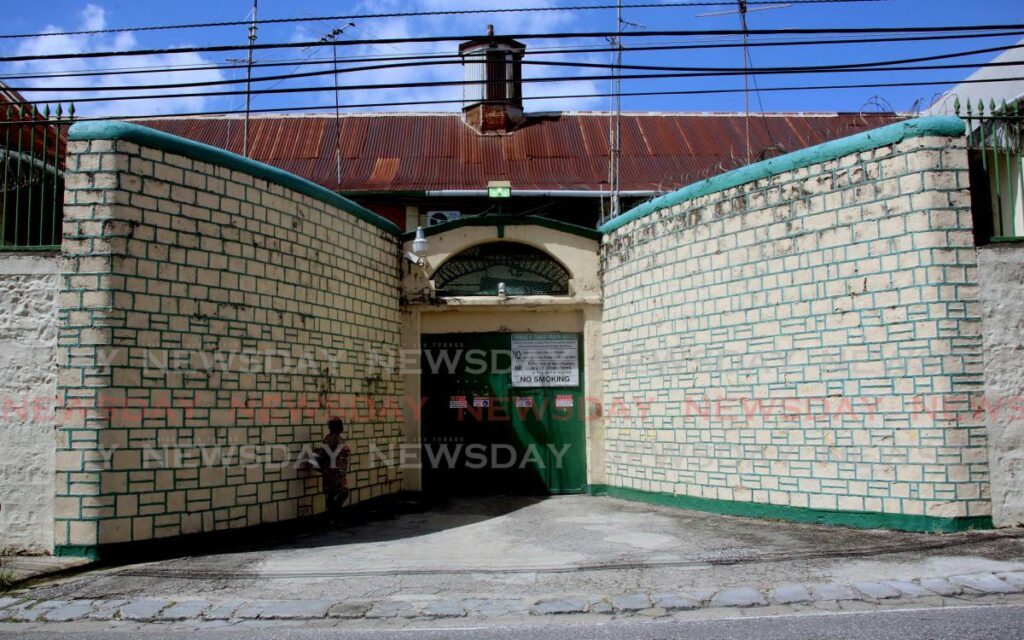Politics worsening prisoners’ plight

Prisoners are not the natural bedfellows of politicians. People in jail cannot vote; most are forbidden.
And statesmen are barred from office if sentenced to jail time. But none of this absolves officials of their duty to represent this peculiar constituency.
In fact, the way we treat the most marginalized in society is a barometer of our nation’s health.
Today, however, the penal system is clearly sick. And instead of making things better, politicians and the police are making the ailment worse.
The Government continues to use some judges’ granting bail as a scapegoat for high levels of crime.
Last month, the Prime Minister lamented that some people accused of murder can get bail because of a recent court ruling.
And last week, Richard Smith, the senior police superintendent who commands the North Central Division, described the granting of bail, premised on the right to be presumed innocent, as a “problem.”
Then you have shocking incidents like the one involving a suspect purportedly falling off a chair and dying while in police custody, a matter that was at the center of a war of words this week between Gary Griffith, Fitzgerald Hinds, and Dr. Amery Browne.
Mr. Griffith is on record as defending his tenure as commissioner of police by saying of suspects who had not been tried, but died in the chair affair, “They will never be able to kill again.”
Forget rehabilitation. All this is evidence of the true penal policy.
It is a policy focused not on reintegration but rather retribution. Prisons are not spaces through which individuals temporarily pass pending trial. They are the punishment. The State is judge, jury, and executioner.
The belief that the system is now one of punishment without trial is bolstered by the continuing failure to address crippling court logjams effectively and to ameliorate inhumane jail conditions.
Last week’s deadly brawl at the Port of Spain Prison, where colonial authorities once put inmates in punishment cells known as cachots brûlants (burning dungeons), is merely the latest byproduct of a cynical viewpoint that treats imprisoned people as guilty, irredeemable, and less than human.
The Port of Spain jail was designed for 250 inmates. It houses 500. In such an arrangement, everyone – prison officers, prisoners, their families – must endure a torture chamber involving an endless cycle of mistreatment, radicalization, and murderous retribution.
Mr. Hinds and Dr. Browne are correct to call out what took place in relation to the Andrea Bharatt murder suspects. But the Government’s disregard for the human rights of accused people undermines its moral authority.
And that is not all that is undermined.
If a political culture in which rights are degraded persists, we might all one day wake up and find ourselves in a prison of our own making.


Comments
"Politics worsening prisoners’ plight"